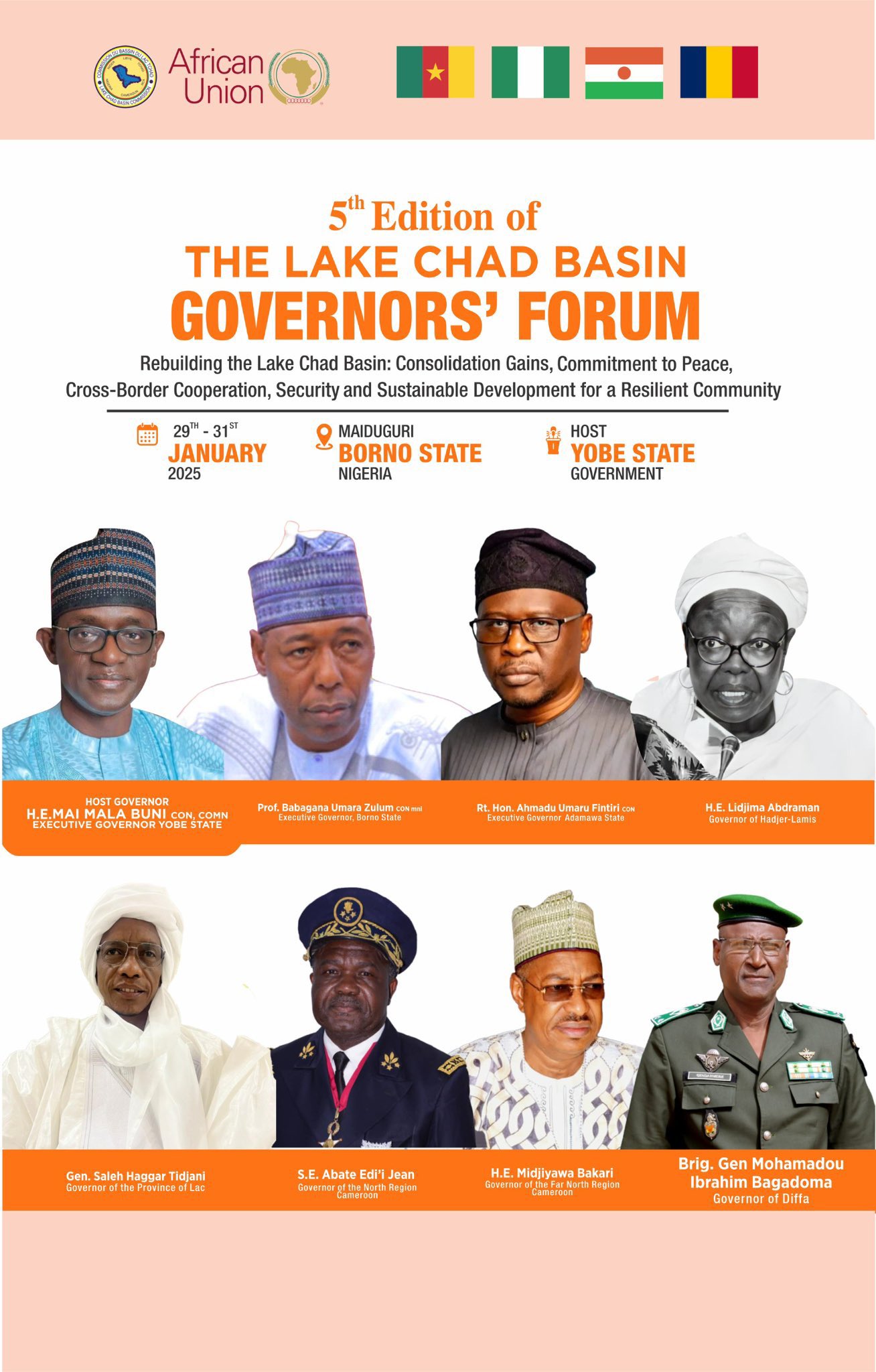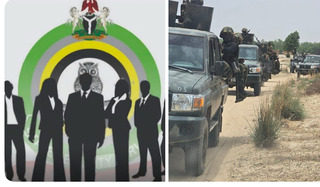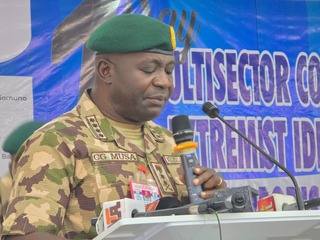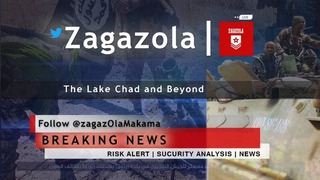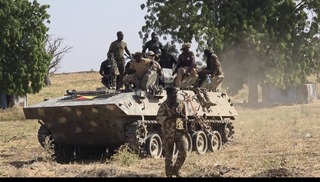Yobe reaffirms commitment for a successful 5th Lake Chad Basin Governors’ Forum in Maiduguri
The Local Organising Committee (LOC) of the 5th Lake Chad Basin Governors’ Forum has reaffirmed its commitment to ensuring a successful and impactful event scheduled to hold from Jan. 29–31, 2025.
Alhaji Baba Malam-Wali, Secretary to the State Government (SSG) of Yobe and Chairman of the LOC, disclosed this during a press pre-briefing held on Monday at the Indimi International Conference Centre,Maiduguri, Borno State.
Malam-Wali described the forum as a milestone in the collective effort to address multifaceted challenges, particularly stabilization, recovery, and resilience in the Lake Chad Basin region.
“The LOC, in collaboration with the Lake Chad Basin Commission (LCBC), United Nations Development Programme (UNDP), and other partners, has worked diligently to coordinate all aspects of the forum,” Malam-Wali said.
He disclosed key areas of preparation, including logistics, venue readiness, security, health services, communication, and cultural events.
“All venues, including conference halls and accommodation facilities, have been prepared to international standards to ensure the comfort and convenience of participants. Robust security measures, including 24 hour surveillance and access control, are in place to guarantee the safety of all attendees,” he added.
Malam-Wali also noted that a fully equipped health clinic and emergency ambulance services would be available throughout the event, with the University of Maiduguri Teaching Hospital serving as a referral centre for advanced care.
According to him, the forum is expected to attract over 1,000 participants, including governors, policymakers, traditional leaders, development partners, civil society organisations, and media representatives from Cameroon, Chad, Niger, and Nigeria.
He noted that Themed “Rebuilding the Lake Chad Basin: Consolidating Gains, Commitment to Peace, Cross-Border Cooperation, Security, and Sustainable Development,” the forum will feature high-level discussions on environmental challenges, economic recovery, and sustainable development.
He said that the foundational discussions on security, climate challenges, and updates on the Regional Strategy for Stabilization, Recovery, and Resilience (RSSRR).
“On the day 2, sectoral and diplomatic discussions on food security, humanitarian aid, transitional justice, and pathways for durable solutions for displaced populations while day 3 will focused on a closed -door deliberations among governors, culminating in the presentation of outcomes and the official handover of the forum’s chairmanship.
“A gala dinner and cultural night will celebrate the region’s diversity and achievements, with remarks by dignitaries and a formal conclusion of the forum’s proceedings.
Malam-Wali praised the Federal Government, development partners, and regional leaders for their unwavering support and commitment to addressing the region’s challenges.
“We urge all stakeholders to renew their dedication to the Nigerian Strategy for Stabilization, Recovery, and Resilience, ensuring the forum leads to impactful and sustainable outcomes,” he said.
Also speaking on behalf of the LCBC, Hycinth Banseka, Technical Director of the commission, said the forum provides a unique platform for governors and stakeholders to share experiences, foster collaboration, and address regional challenges.
“This forum is fundamentally a space for governors to discuss solutions to cross-border challenges, including security, climate change, and sustainable development.
“A notable change this year is the inclusion of pre-forum consultations for civil society, traditional leaders, and women’s groups to ensure their voices are heard while maintaining the forum’s primary focus on the governors,” Banseka said.
He commended the collaboration among governors of the region, highlighting significant progress in fostering cross-border security and development efforts since previous forums in Niger and Chad.
The Lake Chad Basin Governors’ Forum is organised in partnership with the LCBC, UNDP, African Union, and other technical partners.

